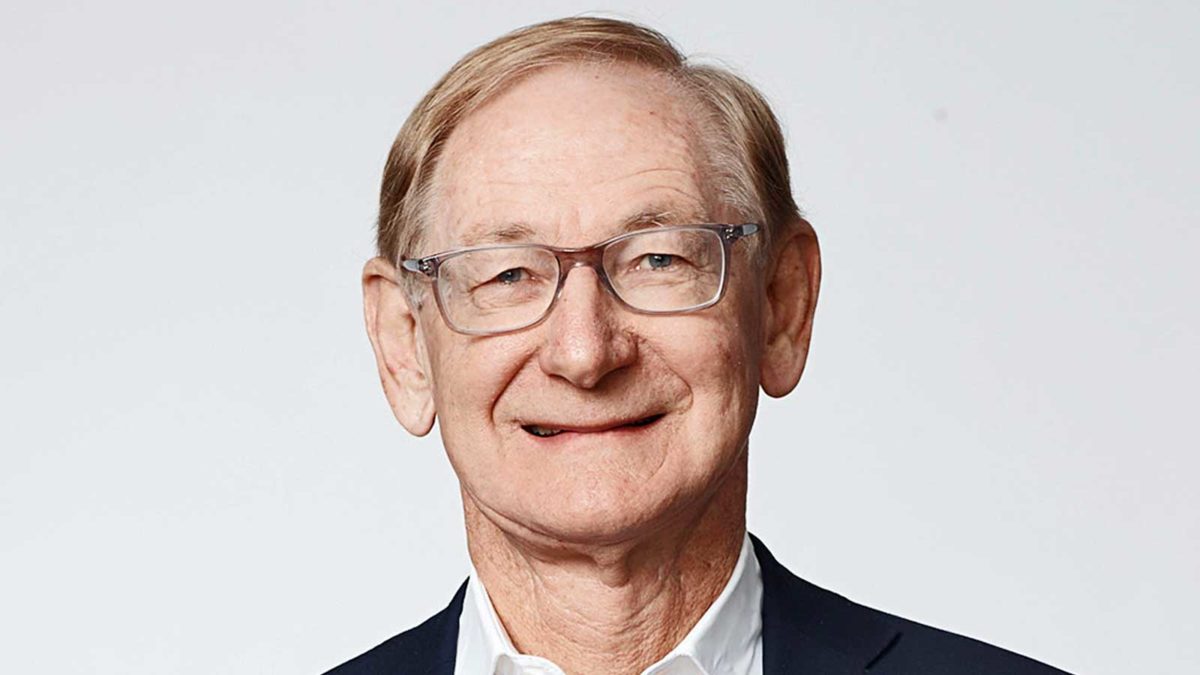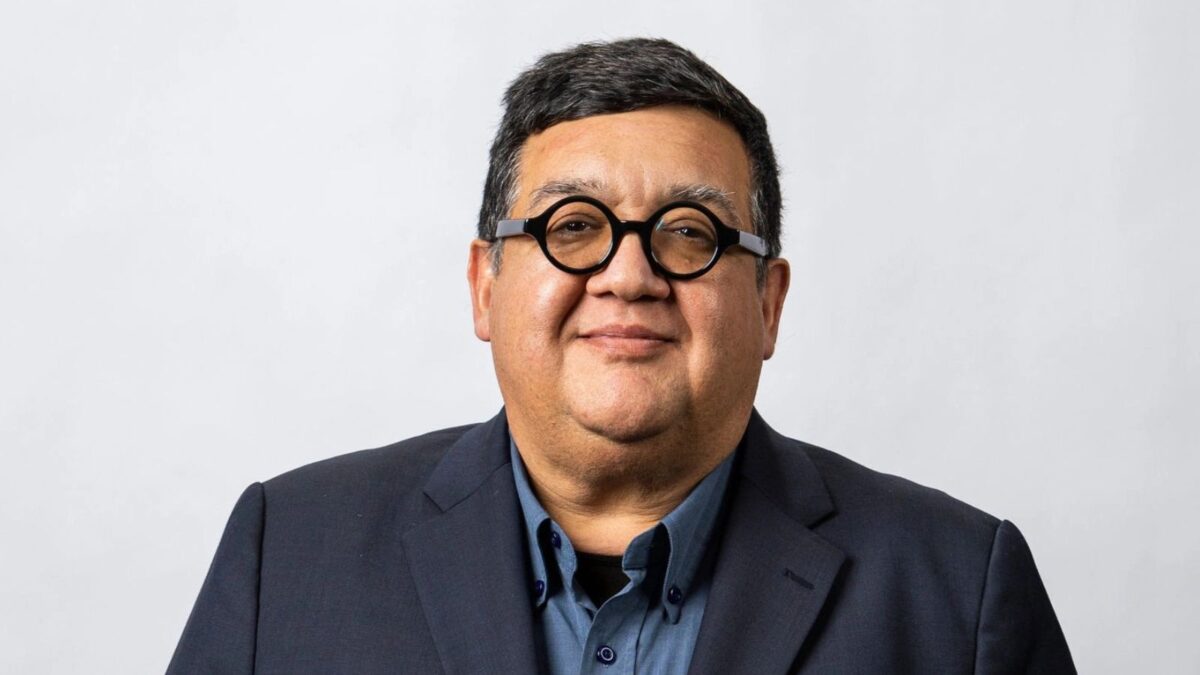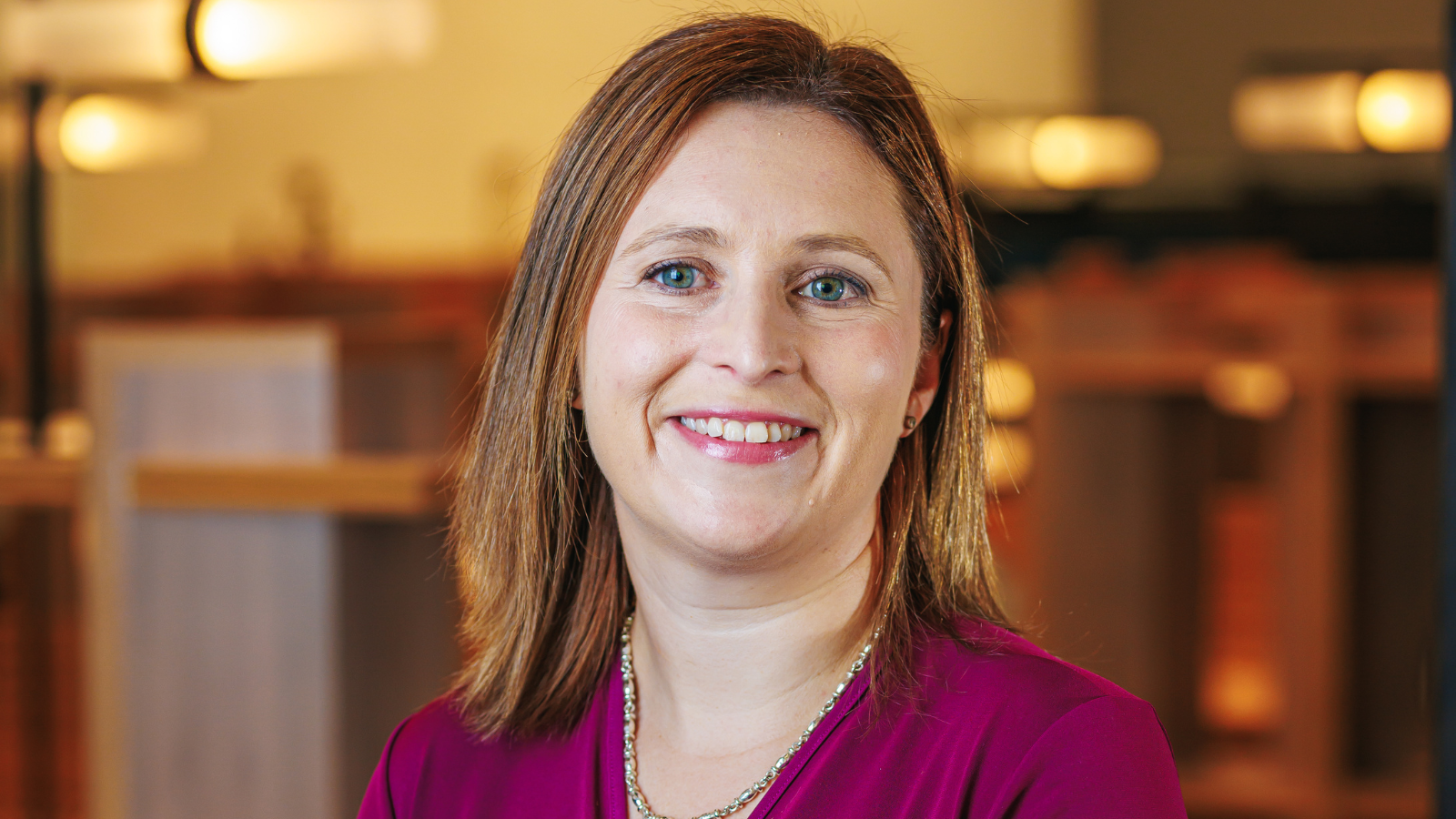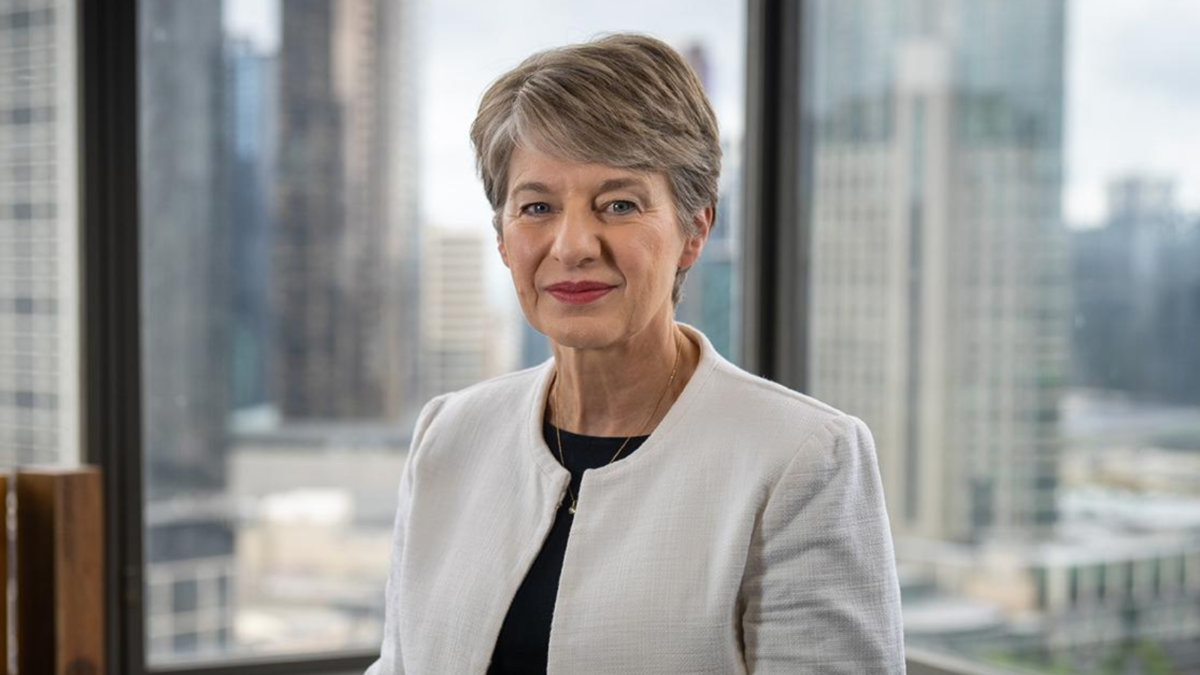Pinnacle’s roadmap for expansion and succession
ASX-listed Pinnacle Investment Management reported early in the season, on August 4, as those delivering good news tend to do. For shareholders, the news was very good. For the industry, the implications are even better.
Over the next few days, shares in Australia’s largest multi-affiliate manager, which oversees the growth and development of 16 affiliated managers which manage $89.4 billion, hit $16.00 (August 10) for a group valuation of just over $3 billion.
Those shares are also the best performing over the past 12 months of any of the small cohort of Australian listed fund managers, such as Platinum and Pendal as pure-play stocks and IOOF and Perpetual as part-play, by a wide margin. That is one reason the result is good for the funds management industry as a whole.
Ian Macoun, Pinnacle’s founder and managing director, regards the fact that fund managers and other industry professionals hold between 20-25 per cent of the Pinnacle shares as a source of pride too. Managers, as a rule, don’t invest in other managers, nor their listed investment vehicles. A firm share price and rising dividends can keep them happy.
Other, overlapping, reasons include:
- The result confirms that Pinnacle appears to have perfected a sustainable business model for multi-affiliates, something over which many others have stumbled since the concept was first introduced to investors just over 40 years ago
- Pinnacle has established a set of standards and inhouse guidelines by which it abides and which marry the best interests of the affiliates’ investors and the affiliates’ majority owners, representing their management and staff, and
- A long-term growth strategy for most, if not all, of the affiliates has been developed to address three issues facing similar managers – affiliate founders’ succession, investment strategy capacity limits and having a sense of control over their destinies by the directors and portfolio managers themselves.
The two main elements of the growth strategy for affiliates and Pinnacle alike are offshore expansion and broadening the product offering within the existing affiliate line-up, which Macoun refers to as “building boutiques within boutiques”.
A third, less obvious, way to improve earnings growth is to alter the mix of retail and institutionally sourced capital, although this is not a deliberate strategy being employed at Pinnacle. Retail money pays higher fees and also tends to be stickier than institutional money.
Macoun said in an interview following the results and dividend announcement that after 10 years of operation as its own affiliated organisation of major shareholder Wilson HTM, a listed brokerage, wealth and advisory firm based in Brisbane, Pinnacle’s separate listing in 2016 “changed everything”.
“It was never my intention to list,” Macoun said. “I was executive chairman from our formation in 2006 because I wanted a degree of independence from Wilsons, but I had succession planning on my mind.”
Macoun, 66, says that the team at Pinnacle and its affiliates – there were eight at the time – had worked too hard for them not to have the business go from strength to strength.

Key colleagues from early on include fellow executive directors Andrew Chambers and Adrian Whittingham, who joined as equity partners in 2008. Alan Watson is the independent chair. The other non-executive directors are Deborah Beale, Gerard Bradley, and funds management industry identity Lorraine Berends.

Relative newcomer Ramsin Jajoo is head of retail, having joined from Morningstar in 2019, where he had worked in Sydney and Chicago head office. Retail fund assets for the affiliates have grown from a bit over 2 per cent to 20 per cent of the total since listing.
Andrew Chambers is responsible for offshore distribution, while Adrian Whittingham, who built the retail distribution capability from scratch, is now responsible for ‘Pinnacle International’, taking the company’s business model to the world.
Macoun says he would like to continue his current full-time involvement for at least two-three years and, if possible, then move to a non-executive role of some description. He and Steve Wilson, of Wilson HTM fame, have similar size shareholdings of about 10 per cent. Other Wilson partners and staff also have significant holdings, as do Pinnacle and its affiliates’ staff and management.
In fact, the affiliates’ management and staff have various ways to back themselves. They typically have, as a group, a majority of shares in the affiliate, they can buy shares in the listed Pinnacle (ASX:PNI) and increasingly they have the new specialist actively managed listed vehicles of which Pinnacle is a keen supporter.
Dealing with capacity
The issue of capacity for each investment strategy is particularly important for boutiques. “We make a big deal of the fact that fund managers must never exceed their capacity limitations,” Macoun says.
“There are two pressures on them [to expand beyond the limit]. They are pressure from a parent to help fund other operations and greed. One of the big benefits of running a boutique is that you don’t have to keep on taking on more money. Several of our affiliates have closed their funds in the past to maintain performance.”
He says: “No-one should ever lose sight of the fact that it’s all about performance. Our boutiques are extremely focused on that.”
Adding to the product range for an affiliate can have a dramatic impact on its capacity and revenue potential. As an example, Hyperion Asset Management, which launched its Aussie equities and small-caps funds in 2002, was managing about $6 billion in 2014 and near capacity when it launched a global equities strategy using the same style and process. It now has about $12 billion in total funds under management and lots of capacity remaining.
For the affiliates, offshore institutional investors also, on average, tend to pay higher fees than Australian investors. There is a greater range of institutional and wholesale investors in major offshore markets, which are not as dominated by the not-for-profit and public pension funds as they are in Australia.
Whether or not the multi-affiliate manager which oversees boutiques is also susceptible to capacity constraints is not so clear cut.
“Of course, we have to think about the capacity of the whole group,” Macoun says. “We’re a service provider to our affiliates and we can’t lose sight of that. We have been focused on being ahead of the growth, so our platform is modular and scalable. Can we do this? Yes, we can do an excellent job for all of them.”
Just as listing, a game changer, had never been an intention for Macoun, neither had funds management, a career changer. He became the first chief executive of QIC in 1988 but was fully expecting to return to the Queensland Treasury, where he was a first assistant secretary, to resume his public service career once the fund manager was well established. “But I loved it,” he says. He resigned from Treasury to run QIC as a separate entity in 1991 and then a couple of years later was head-hunted to run Westpac Investment Management in Sydney, where he has lived ever since.
Each of the big four banks had substantial inhouse investment teams until the 1990s but they increasingly struggled to compete with both the international groups which set up here, such as BT and Rothschild, and the home-grown managers, such as Maple-Brown Abbott, arguably the first of the boutiques, from 1984.
After Westpac – along with Commonwealth, ANZ and NAB – changed tack with their inhouse funds management, each adopting a different strategy (in Westpac’s case it was by buying Rothschild and then BT Funds Management), Macoun left to join a new boutique which had already been through its own interesting short history; what was then called Perennial Investment Partners.
Perennial had its genesis in a firm started by BT former director and stalwart Mike Crivelli, called Pacific Road Investments, which was backed by the Pacific Road investment bank. Its first strategy was an Asia ex-Japan equities fund run by Kerrie Series, launched just before the Asian crisis. Luckily, Crivelli was also a director of IOOF, and he talked his fellow directors into taking a saving cornerstone stake.
Macoun remained for seven years and left before an acrimonious split by the other founders and new management, which ended up in court. He set up a new company, Pinnacle, which was more suited to his own vision of the big fund manager of the future. It would be multi-affiliate, of course, but with strategies in place to counter the inherent issues encountered by others who had tried similar models around the world. Capacity was not the only issue.
Macoun is a deep thinker. He has been a member of the investment committee of the University of Sydney for the past 22 years and was, until Pinnacle’s listing, a member of the investment committee of QSuper. Once a Queenslander, always a Queenslander.
Between Perennial and Pinnacle, he did his own international study tour, meeting, among others, the famous Norton Reamer in Boston. Reamer is generally recognised as the first of the multi-affiliate managers, having formed United Asset Management (UAM) in 1980. At its peak, the listed UAM had more than 50 affiliates. It even had a Melbourne representative, Archer des Cognets, devoted to the task of finding Australian affiliates to buy. He passed away, age 77, in Tucson Arizona, in 2008.
In Australia, the US-born Archer Barber des Cognets is remembered by those around in the 1990s for his charm and wisdom rather than an unfruitful campaign to buy Australian fund managers.
UAM was ahead of its time but also had inherent structural problems. Reamer, now in his late 80s, started his career as a portfolio manager at Putnam Investments. With UAM, he bought 100 per cent of the stock in specialist managers for cash and UAM shares and split the revenue after taking out various administration infrastructure costs.
When the UAM share price went into a prolonged slump, which had begun before Macoun’s memorable meeting with Reamer, the affiliates started to get itchy feet. This was not helped by the fact that the founders were usually signed up to 10-year contracts. They saw this period as a prelude to retirement and many had no real succession plans.
After talks between Old Mutual and Affiliated Managers Group (AMG) failed in 2016, Old Mutual spun off the remaining UAM affiliates into a new company, Brightsphere, and proceeded to sell down their holding.
A big interest was bought by a Chinese conglomerate, HNA, which was later sold to hedge fund manager John Paulson, of subprime fame. Under Paulson, more affiliates were sold off, including Heitman, now staff owned, and Barrow, Hanley, which was acquired last year by Perpetual. Brandywine had a legal tussle and joined Legg Mason (part of the Franklin Templeton group). Acadian, which AUM bought in 1992, is the only affiliate of note remaining.
AMG is another listed company, formed in 1993. It is now the largest multi-affiliate manager in the world, with 35 affiliates and US$730 billion under management (as at March 31). Affiliates well known to Australian investors include AQR, Winton and First Quadrant. AMG has also eyed Australia for acquisitions, sounding out founder Kerr Neilson about Platinum shortly after the firm listed in 2007, but has subsequently not been known to seriously consider other possibilities.
While all this history may seem tedious, it is relevant to those studying the long-term prospects for funds management – the search for the perfect fund manager structure – and the inevitable new challenges which are appearing both globally and domestically. If this month’s Pinnacle results announcement is a guide, it may well be Macoun’s own vision.
Offshore expansion
Some of the Pinnacle affiliates have been sourcing fund flows from overseas for several years. The group has 12 people in London and three in New York.
The London staff include three distribution executives, one senior operations executive, two investment people for Antipodes, the Sydney-based global equities manager, and six at Aikya Investment Management, Pinnacle’s first European-based manager, which has a global emerging equities strategy. Resolution Capital, a global REITs manager, and Riparian Capital Partners, a private markets agriculture, food and water manager, each has a senior investment professional based in New York.
Running a ruler over the group’s fund flows for the past 12 months, Macoun says the total of $16.7 billion of new money consisted of about $4.5 billion in retail and $12.2 billion in institutional. If you take out the massive, $3.9 billion, low-fee mandate won by quant manager Plato, that leaves a more-easily repeatable $7.3 billion in institutional, of which about $3 billion was from offshore.
Macoun says the money is “pouring into the global managers”, including Antipodes, Hyperion Global and ‘ResCap’ (Resolution Capital).

“The beauty of our model is that it is modular and scalable. There are no choke points,” he says. “We will be building up the overseas business. Adrian Whittingham is now dedicated to that, while Andrew Chambers will continue to be responsible for offshore distribution… I think that our offshore operations will be bigger than our Australian operations in time, although I believe that Australia will continue to grow… I want to see us build an Australian global champion.”
In a series of investor presentations last week, the company said it had started the new financial year strongly, with funds under management for the affiliates up more than 20 per cent on last year’s average. The company recognised the possibility of further external adversities but was “prepared for and seeking further expansion opportunities”.
The affiliates’ total revenue for the year just finished was up 43 per cent on the previous year, to $415.5 million. This includes strong performance fee contributions totalling $86.2 million. Excluding performance fees revenue was up 25 per cent.
The presentation (as posted on the ASX website), says that diversification would continue in asset classes with “substantial growth potential”. These include: ESG and impact strategies, global and emerging markets equities, private capital, single and multi-asset absolute returns, and alternative fixed income.
The company says: “Offshore opportunities are becoming compelling – ability to ‘export our model’ – delayed somewhat to date due to covid-19.”
Succession
A clue to Macoun’s view on succession at boutiques was provided to those in the know when he left Perennial. The firm went on to make a lot of money for various other executives, through its own history with IOOF, but Macoun always believed, and still does, that fund managers should sell their shares back to the partnership when they leave.
That’s what he did in 2005 and what he expects from the management shareholders among the affiliates. He has overseen the succession of the founders of three of Pinnacle’s affiliates since inception. They were, for differing reasons, Manny Pohl at Hyperion, Denis Donohue at Solaris and Ian Mitchell at Palisade.
So, what will become of Pinnacle itself? Well, one of the main benefits of a listing is evident with succession. This year, Macoun sold nine million of his shares, worth $83 million, while smaller holdings were also sold by a couple of his senior colleagues, early this year.
But any would-be acquirer of the company should take note of those tedious few paragraphs above on the history of multi-affiliate firms. The fundamental philosophies and processes that have seen Pinnacle grow and prosper are clear enough for all to see. Implementing them is not so easy.
When Macoun announced the launch of Pinnacle in 2006, he received a message from his friend Mike Crivelli welcoming him to the “P Club”. By this Crivelli meant the competing managers Perpetual, Permanent (another trustee company which fatally decided to outsource its funds management operation, unlike Perpetual), Perennial and now Pinnacle. They are all different, of course, but it was a good line.
One of Macoun’s favourite business books is ‘Built to Last’ by Jim Collins. He paraphrases the book’s theme as: “The concept that long-term enduring outstanding successful businesses have core beliefs and philosophy (you might say ideology) which never change but, as long as you stay totally faithful to that, everything else is open for radical change as you evolve and grow and your environment/markets change.”
For Pinnacle, the core philosophies that should never change, Macoun says, are the pursuit of investment excellence, the boutique environment and client focus. “Such companies can go for decades. I want Pinnacle to go for decades,” he says.











